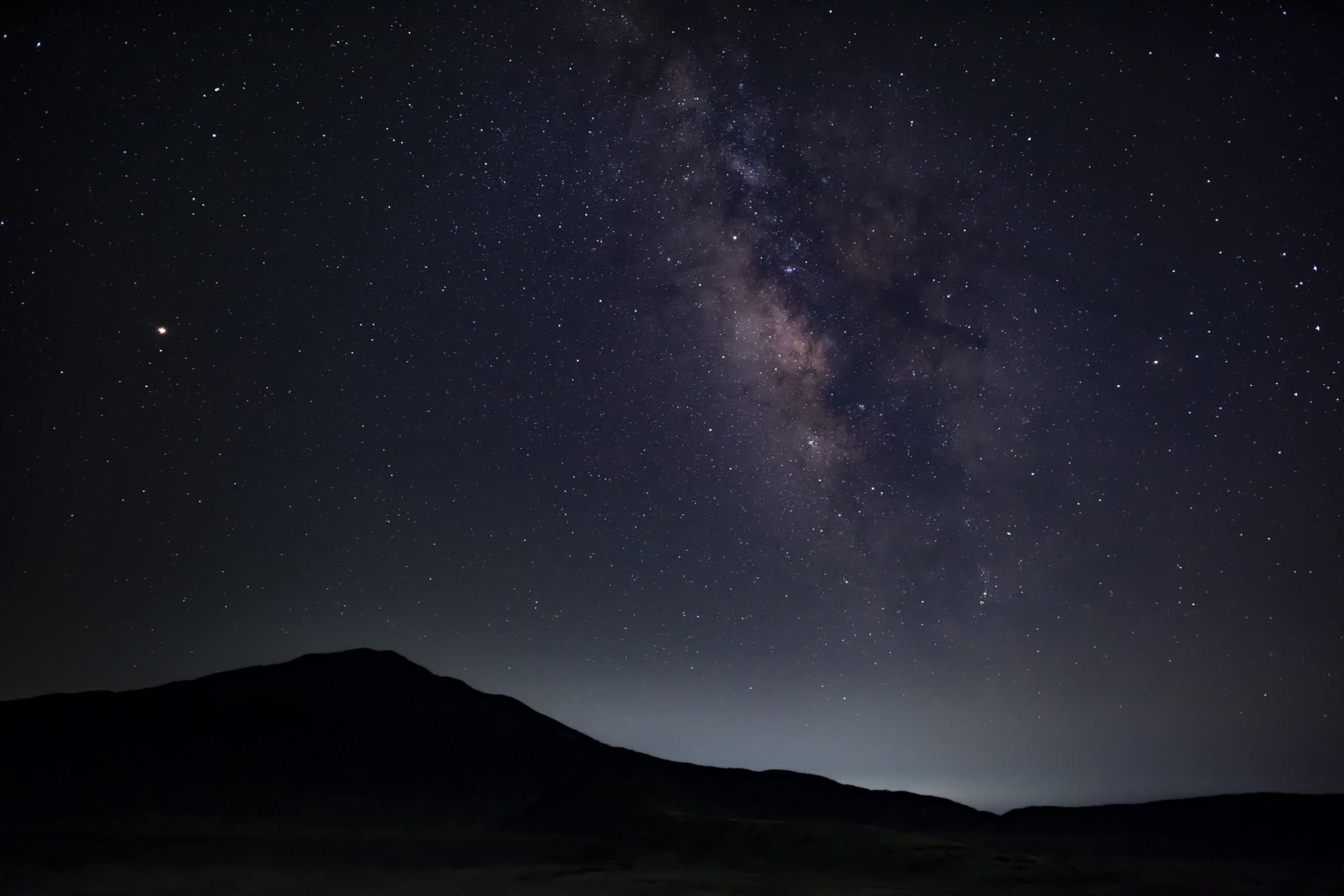Expect the night sky to start changing fast. One day soon, the stars we can see from Earth could be outnumbered by a vast swarm of satellites.
While many people today live under the murk of light pollution, we can at least still travel to a glittering night sky in the mountains, the desert or at sea. But if communications technology follows its current trajectory, anyone who wants to escape the byproducts of human activity might have to go to the moon.
Some professional astronomers raised alarms last spring, and again in November, after SpaceX launched batches of 60 Starlink satellites. These don't present a big problem yet, but when thousands more shine down on us, they could interfere with our ability to detect the farthest, faintest objects in the universe — the ones that give us a portal into the distant past. The wider effect will be on amateur sky watchers, campers, sailors, dreamers, poets, children, visionaries and anyone else who has ever been moved by the sparkle of the Milky Way set against the dark mystery of space.



